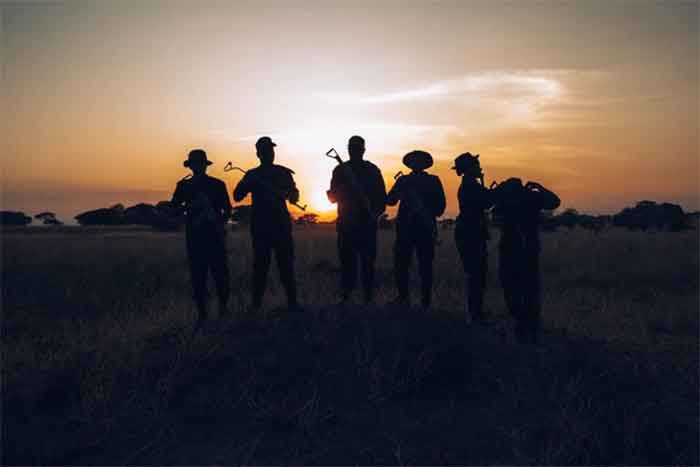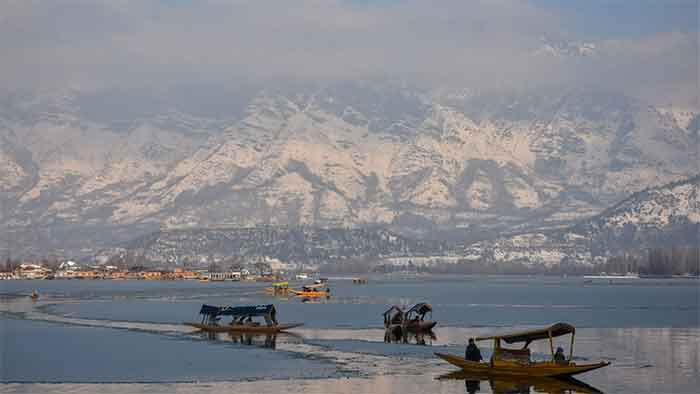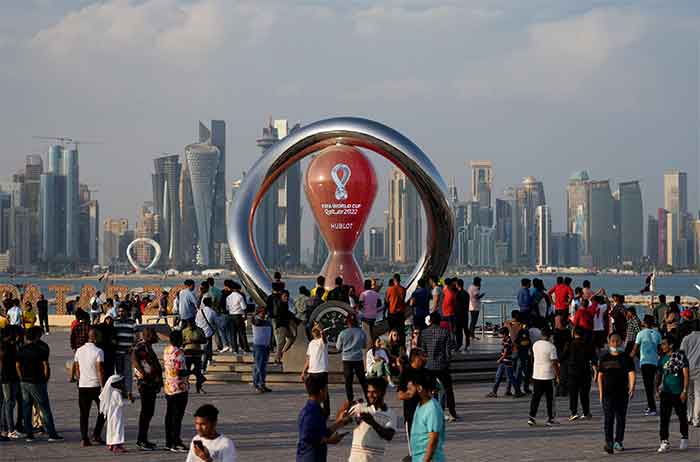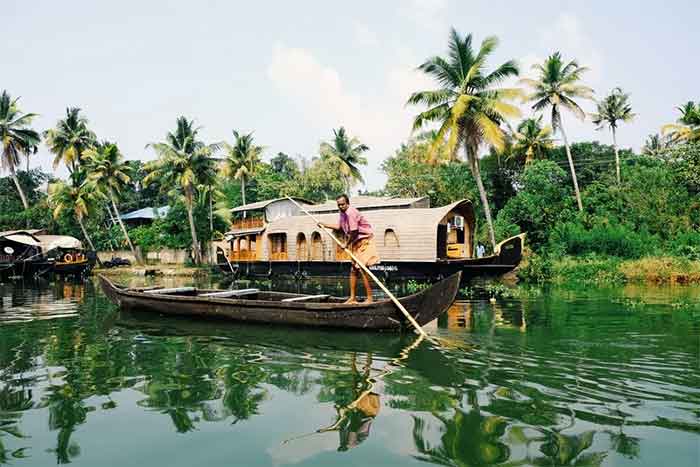
Despite the fact that several highly respected conservationists have been repeatedly advising that the best way of achieving success and sustainability in conservation efforts is by involving local communities in these efforts and not by displacing them, it appears that injustice instead of justice for local villagers is still the path pursued by some authorities and the banks financing them.
This certainly appears to have been the sad experience of the villagers including indigenous communities and pastoralists living close to the Ruaha National Park (RUNAPA) in Tanzania. In a new report released on September 28 titled ‘Unaccountable and Complicit’ the Oakland Institute, USA, has exposed in this context “how the World Bank is enabling the violent tactics of the Tanzanian government to increase tourism revenue.”
In a strong statement the Oakland Institute has stated, “The expansion plans for RUNAPA are greased by rampant violence and cattle seizures by wildlife rangers, with the goal of forcibly evicting tens of thousands of villagers.”
This expansion of the park from the already massive one million hectares to over two million hectares, is part of a wider project attractively called REGROW. However in reality this promises not growth but distress and danger to the people of five villages and 47 sub-villages who are threatened with displacement and have received notices. Although they are trying to get relief from the judiciary, their distress and tension levels remain high, particularly due to the cycle of violence unleashed on them by park rangers. This even includes murders and sexual violence, the report points out, emphasizing the urgency of the extreme stress suffered by the affected communities.
Anuradha Mittal, Executive Director of the Oakland Institute, has stated “the REGROW project is not about protecting wild life or conservation. Instead the Bank is financing an oppressive and violent growth model based on boosting tourism revenues.”
This report has pointed out that the World Bank, which denied any wrong-doing or responsibility when contacted by the Institute, has in this context violated its own safeguards and procedures as evictions are being planned and notices have been served without there being a proper resettlement plan in place. What is more, in the first place a process of adequate consultation with the affected people was neglected. If this consultation had taken place sincerely and in the right spirit keeping all options open, it is possible that there was actually no need for displacement as conservation and tourism models based on involving local communities, not displacing them, are available and in fact are likely to provide more enriching experiences and achieve greater success. Ideally the rangers should be seeking the cooperation and help of the local people instead of being so hostile to them, as has been seen at the time of cattle seizures and other repressive actions.
Hence this report of the Oakland Institute has come at just the right time when massive harm can still be avoided. Both the Tanzanian government and the World Bank should take this report as a wake-up call to make amends. If the $150 million REGROW project, which also involves other parks, can still be changed in important ways so as to turn it into a project that avoids displacement and instead involves communities in and around the project area as close partners in conservation work as well as in tourism, then these funds can be turned from destructive and disruptive use (in terms of violence to sustainable livelihoods of people, including indigenous people and communities) to constructive and creative use, and there is still an opportunity for this.
It should be realized that apart from the more immediate, obvious and direct harm to sustainable livelihoods caused by displacement of rural communities, when people are suddenly cut off from a million hectares or more of land to which their livelihoods were related earlier in several ways, then this can have longer-term and indirect adverse impacts also in terms of disrupting traditional pastoral routes, relationships between pastoral people and settled communities and sustainable land-use patterns. Instead of improving climate change adaptation at a time when there is much need for this, this will weaken and worsen the possibilities of climate change adaptation, increasing the vulnerability of those people who have either been displaced or whose livelihoods have been disrupted in less direct ways.
If a significant change in the project can still be brought to completely avoid any displacement, then this can serve as a strong stimulus for similar changes in several other conservation and tourism projects in various countries where similar changes are much needed.
Bharat Dogra is Honorary Convener, Campaign to Save Earth Now. His recent books include Planet in Peril, Man over Machine and Protecting Earth for Children.














































